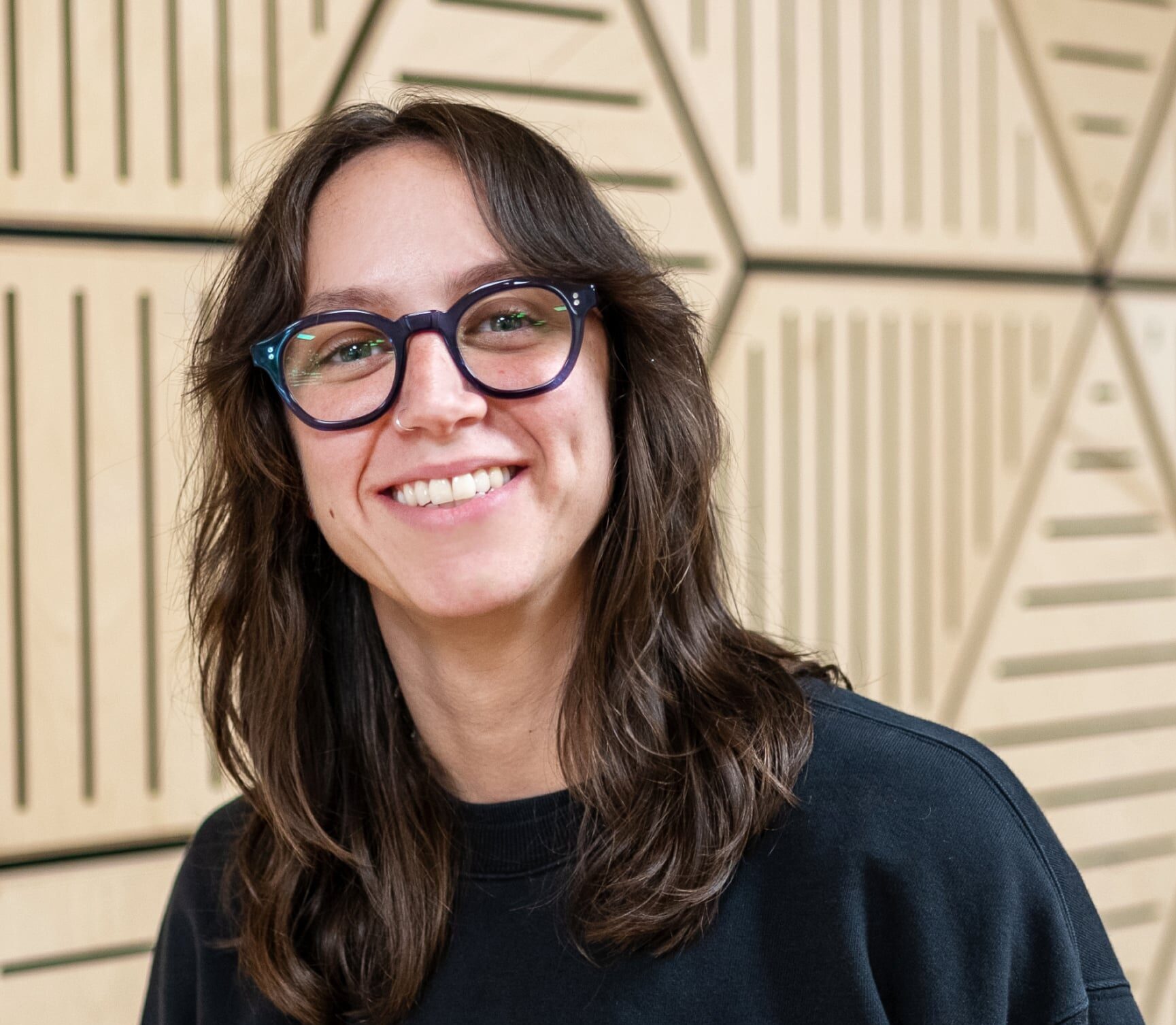This blog post has been written by the Ti Group, Access’s learning partner. It is based on interviews with 12 witnesses who were or are directly involved in the process as well as a review of all of the internal documentation as well as what is public. Where an opinion is expressed, this is the Ti Group’s interpretation of these sources unless otherwise stated. The TI Group would like to thank all of those who gave up their time for interviews and provided full access to documents.
Previously in the story of Total Impact… we learned that, in theory, investing an endowment to create impact and a financial return can be done with some careful design and some clear intent. In the winter of 2015, it was though, still a theory. No investments had yet been made and, for that, Access was seeking an asset manager. Simple, presumably?
Access wanted to find an asset manager for several reasons: their expertise (bearing in mind that Access wanted to keep its team small) and with an eye to impact. The hope was that the stimulus of investing all of Access’s endowment in line with Total Impact made it more likely that the approach would “be able to replicate in the market and scale.”
Working on the assumption that there would be a fair degree of choice in the asset management market, the team put together a list of criteria to help them decide on an asset manager. The six criteria the team developed were:
- Willingness to engage and likelihood of being a good partner to work with;
- Experience in the impact sector;
- Ability to deliver required products/asset classes;
- Plausibility of suggested investments;
- Market changing/leading;
- Transparency and costs.
Armed with these criteria, Janie Oliver, Access’s Director of Finance and Operations, went to talk to eight asset managers to work out whether any of them might be a good match. The response of the market was not as warm as Access had hoped.
One of them doesn’t even reply at all; some of them demote the conversation to a short phone call; some of them insist that Janie goes to see them; and a few offer to come to Access’s offices and talk. One of them is shockingly patronising. Naturally, they don’t end up with the job, but the episode makes the team doubt themselves, wondering if the market has forgotten who the client is, and if working with an asset manager was such a good idea after all.
It’s now February 2016 and the eight conversations produce a shortlist of three. It quickly becomes clear that none of the finalists is a perfect fit for Total Impact but that one of them is quite a long way off target; which leaves just two. It’s now a close choice.
The interview team put the final choice before the endowment working group in March 2016: they choose Rathbones. With the legals completed, Access transfers £38m in funds to Rathbones on 6th July.
Within Access and the endowment working group, they reflect on why even with this amount of money the market response felt weak:
- The power dynamics of an established market for money can sometimes feel hostile to incomers with new ideas. Like many professions, its language and norms feel like the barriers that protect knowledge, interpretation and payment for financial literacy. Paradoxically, Access observes that the impact literacy of many investors and their asset managers can be rather weak. Perhaps Total Impact will cross-pollinate the two;
- A scarcity of good impact data in the market, some dilution of the concept in pursuit of selling investments, and the risk of some potential mis-selling, nags at the team loudly enough to make them check everything;
- It was overly optimistic to expect a strong range of capable and experienced impact-oriented asset managers to choose from. Currently, the small number of pioneers of impact investing is mirrored by the small number of asset managers with that skill. Starting with nearly £40m moves the market less than you might think, which gets Access thinking that maybe teaming-up with some other foundations might be next;
- The role of investment advisers like Mercer or Cambridge Associates (other advisers are available) came up in discussion. If the main value of an adviser was to help choose the best strategy and asset manager(s), there didn’t seem to be any need for this when, for Access at least, there was a choice of two. Investment advisers seemed to be the answer to a different question;
- The five years leading up to 2015 had seen the average size of charity bonds (the very thing that Access’s investment plans were pointing to) getting smaller, the asset managers’ teams following that pattern by shrinking and specialising, and the costs of due diligence and management going up. Access began to wonder if there would be enough impact investments to suit them;
- The financial expectations within asset management firms is a big test for impact investing. Without the demand for impact investment from clients like Access, even specialist teams of asset managers could be vulnerable to comparison with their peers in the same company who are investing in high-return assets. It feels like impact teams in the asset management world are intrapreneurs themselves who need the backing of their clients. In the words of one interviewee, “Why should they go out of their way to give one out of 100 clients something slightly different, when they’re seen as a troublemaker by risk and compliance, and annoy their colleagues? I want to do something to help those advisors.”
The overall sense is that maybe we get the asset management we deserve? If we want it to be different, perhaps we have to change the incentives and act differently ourselves?
At the height of the summer of 2016, Rathbones makes the first investment: £600,000 in a bond issued by the African Development Bank.
Some of the other asset managers in 2016 have been lukewarm or even said Total Impact investing will never work. Access is about to find out in practice.
Coming up next time…
Keep calm and carry on: what happens when your assumption are tested?










